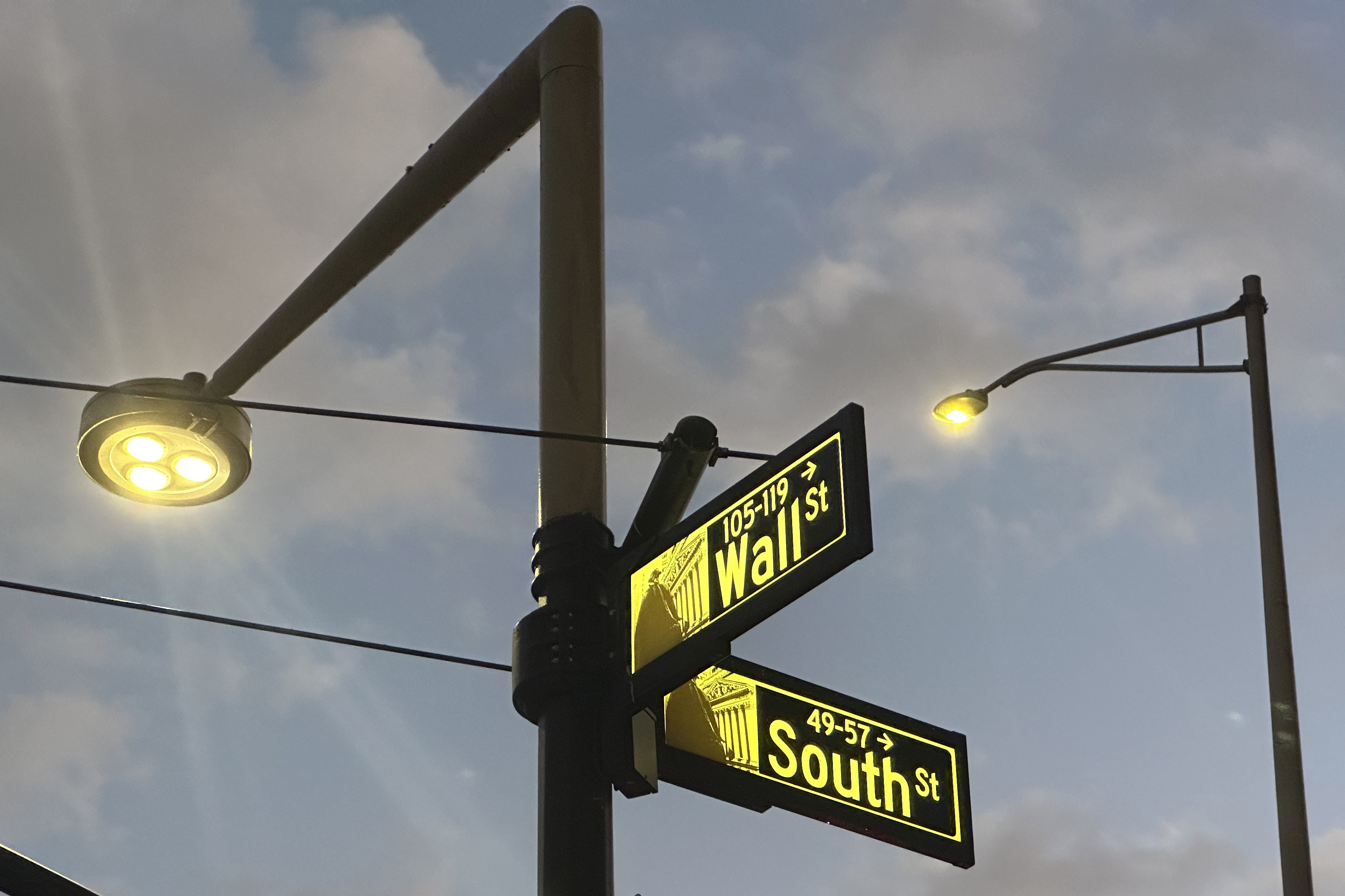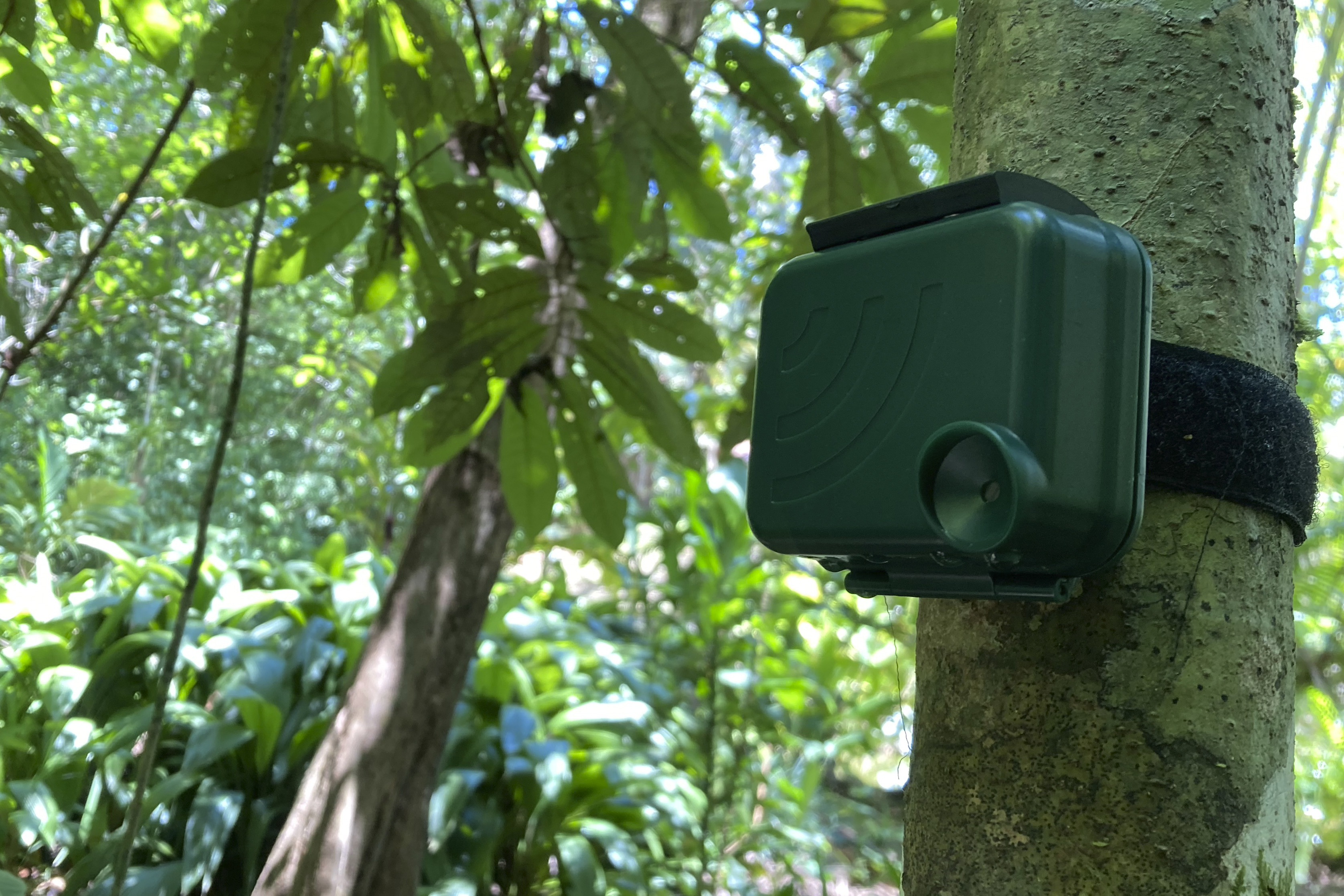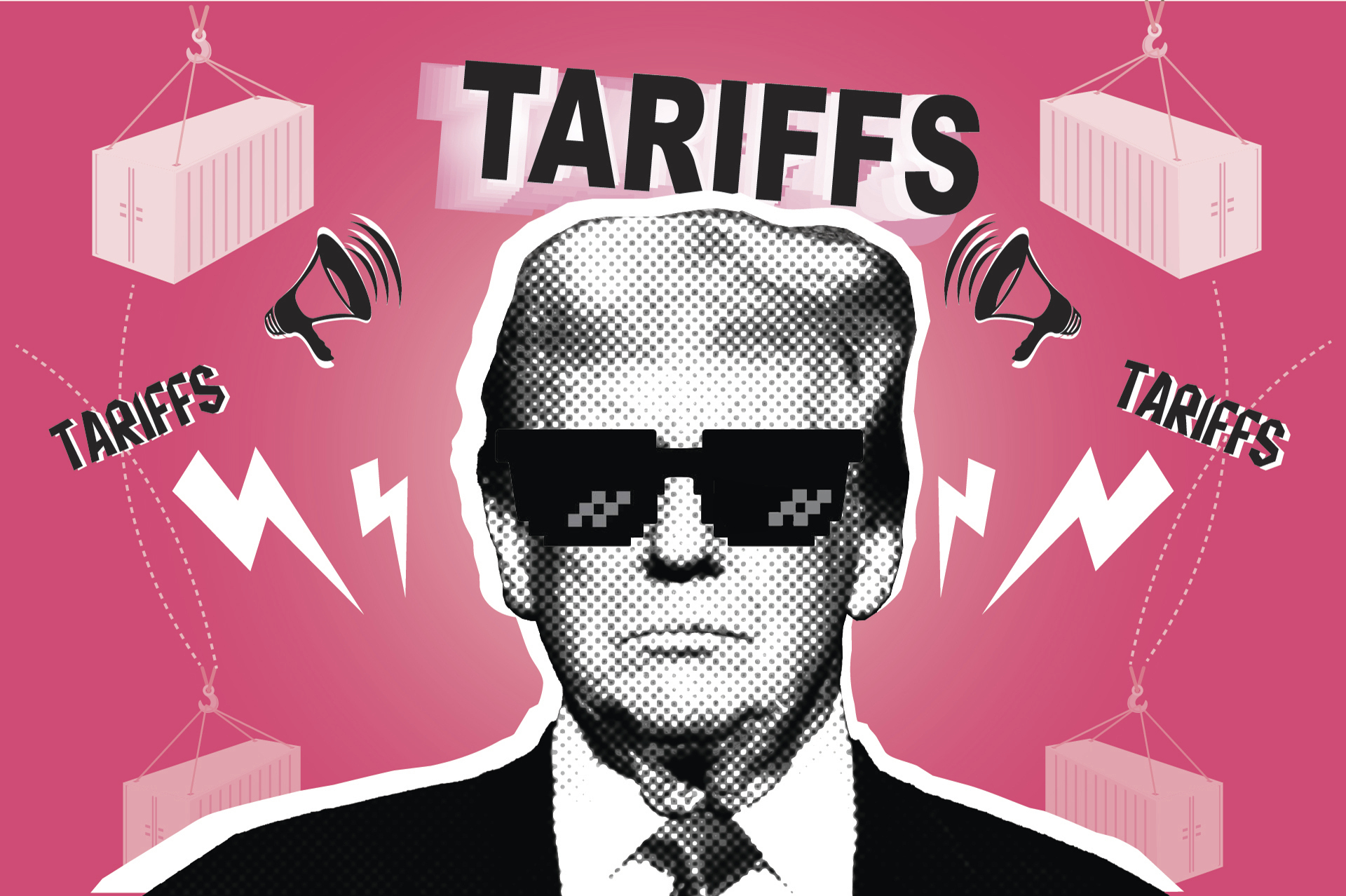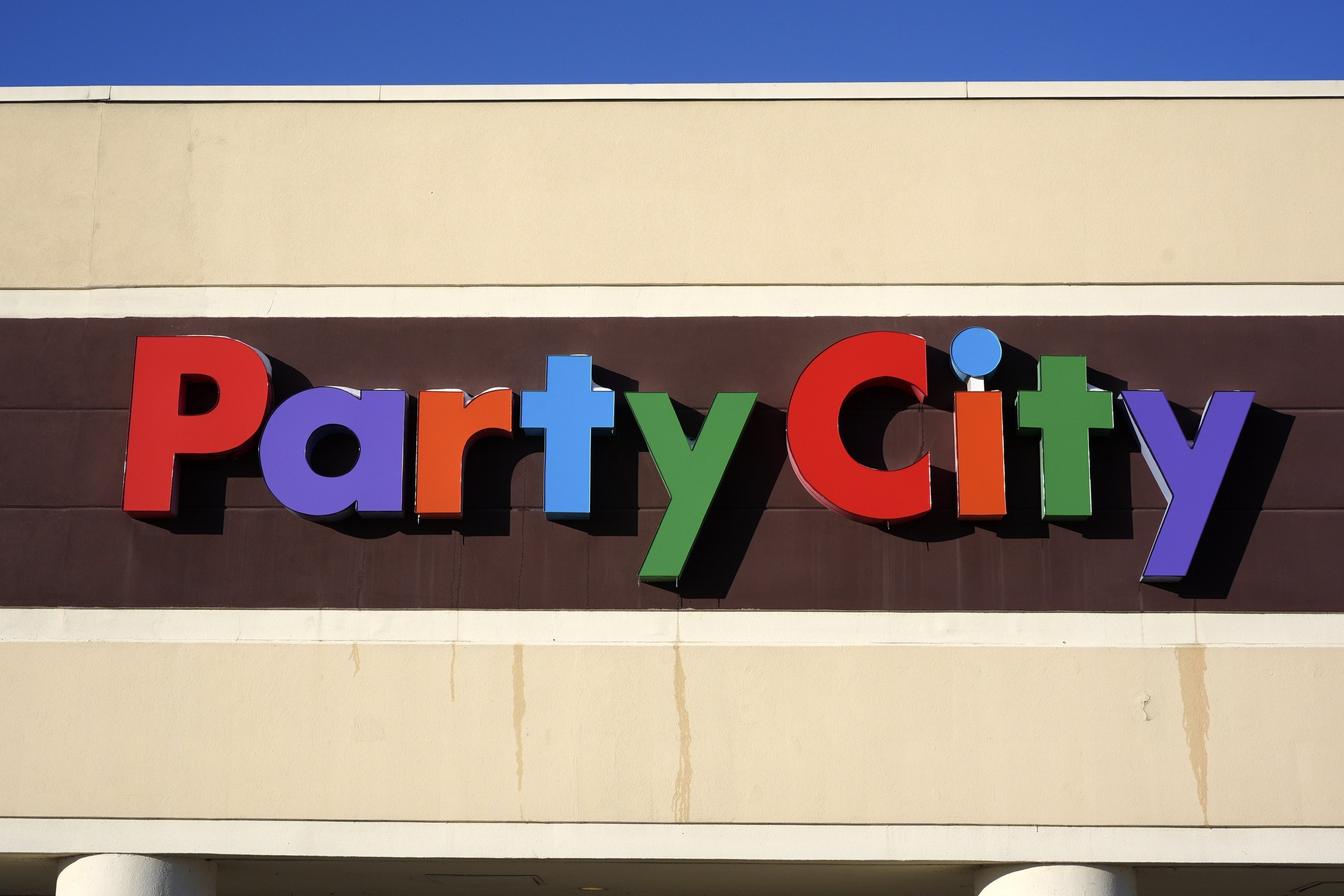WASHINGTON (WNCN) — Here’s a warning for you: If you’re set to receive the $1,400 stimulus payment, debt collectors will be able to come after your money if you have unpaid debt.
Under the $1.9 trillion American Rescue Plan, debt collectors will be able to garnish your stimulus check, which was blocked in the language of the first two stimulus relief bills.
Lawmakers in the U.S. Senate were unable to include language that explicitly protects people from debt collectors in the latest stimulus relief bill because of the budgetary rules under which the bill was approved.
Senate Finance Committee Chair Ron Wyden (D-Ore.) issued a statement on the matter.
“The two previous relief payments were shielded from predatory private debt collectors. While Democrats intend to protect the third payment from private debt collectors, Senate rules did not allow us to include that protection in the American Rescue Plan. I will be introducing standalone legislation to ensure families receive their much-needed relief payments,” Wyden said.
The American Bankers Association urged lawmakers to provide such protection before the passage of the package.
“We believe it is imperative that Congress ensure that these next stimulus payments are treated as ‘benefits’ subject to the federal exemption from garnishment,” the ABA wrote in a statement Tuesday. “Otherwise, the families that most need this money—those struggling with debt and whose entire bank accounts may be frozen by garnishment orders—will not be able to access their funds.”
Biden signed the American Rescue Plan – one of the largest stimulus measures in U.S. history – in a brief Oval Office ceremony Thursday.
Nearly 160 million households are expected to get payments, according to White House estimates.
Direct deposits are expected to hit people’s bank accounts as early as this weekend, White House press secretary Jen Psaki said.
“People can expect to start seeing direct deposits hit their bank accounts as early as this weekend. This is, of course, just the first wave,” Psaki said. Payments to eligible Americans will continue throughout the course of the next several weeks, she added.
The bill also includes an expanded child tax credit of up to $3,000 per child, or $3,600 for each child under age 6. The Internal Revenue Service will pay part of that in monthly installments of $250 or $300 from July through December, adding a benefits distributor role to the revenue collection agency’s responsibilities.















































